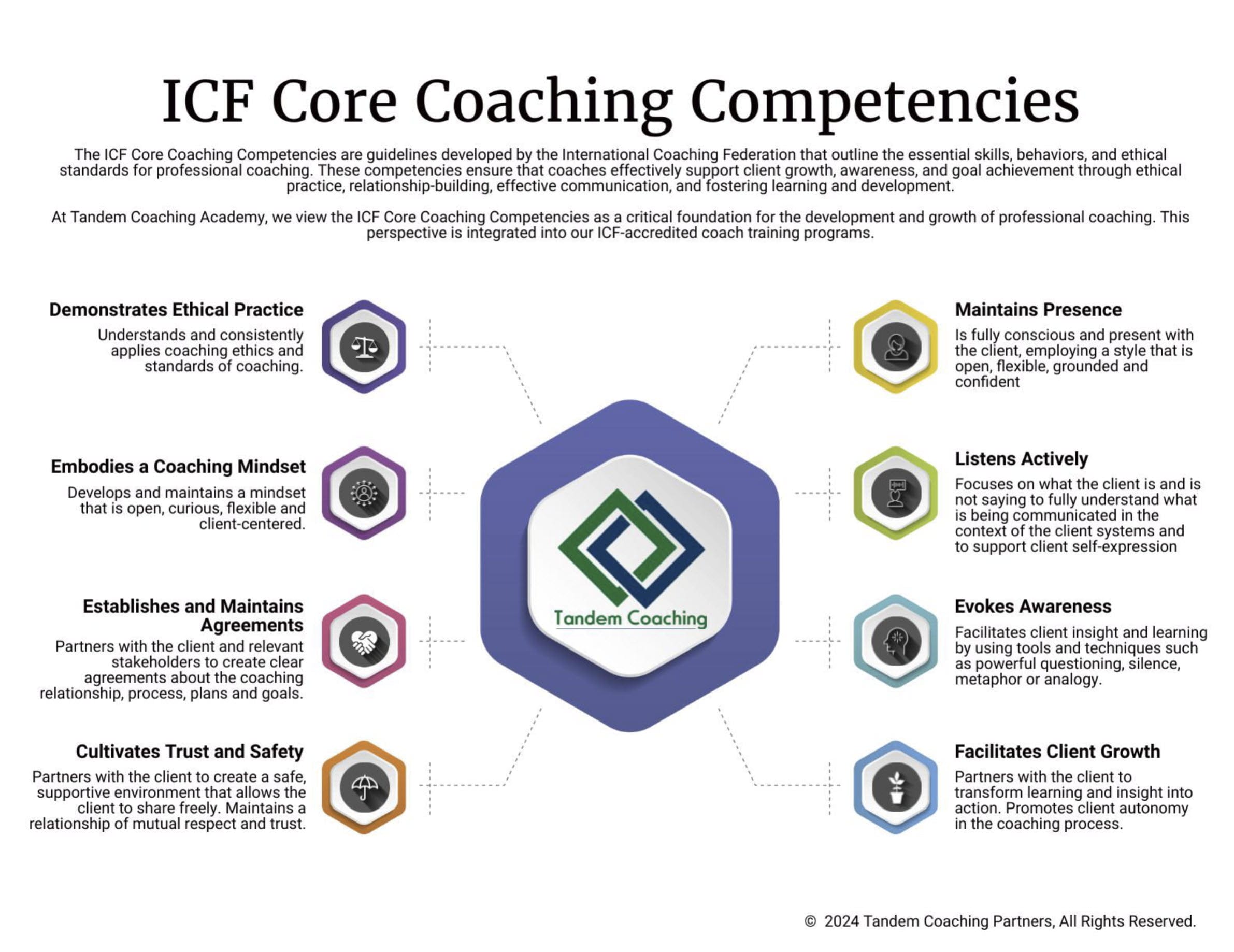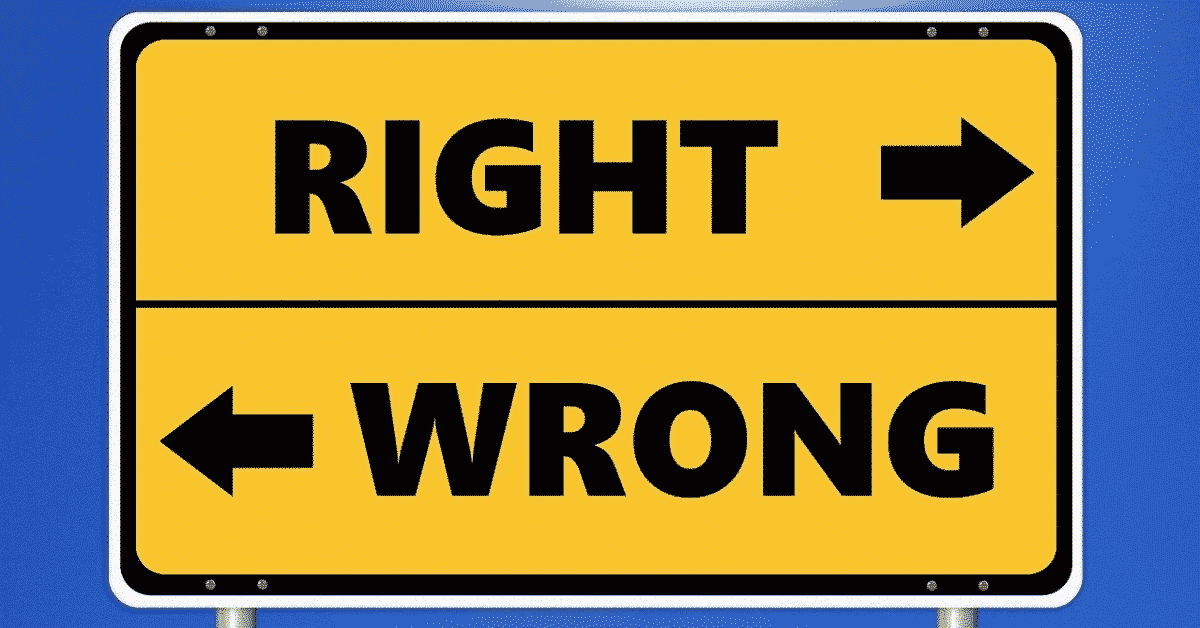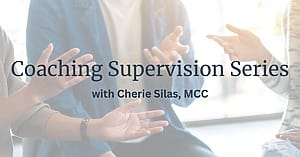This piece was co-penned by Alex Kudinov and Erica J Henson.
Shu-Ha-Ri has been a frequent topic within Agile communities for years to capture the essence, the progress of the agile journey we embark on as we grow and learn better ways of working. Many Agile leaders have written about Shu-Ha-Ri, from Martin Fowler to Alistair Cockburn both creators of the Agile Manifesto . But what is it, and why does it matter?
To understand what Shu-Ha-Ri is in Agile, it is essential first to know its origin. The concept of Shu-Ha-Ri originates from the Japanese martial art Aikido. Aikido master End Seishir Shihan explains the idea as follows:
It is known that, when we learn or train in something, we pass through the stages of Shu, Ha, and Ri. These stages are explained as follows. In Shu, we repeat the forms and discipline ourselves so that our bodies absorb the forms that our forebears created. We remain faithful to these forms with no deviation. Next, in the stage of Ha, once we have disciplined ourselves to acquire the forms and movements, we make innovations. In this process, the forms may be broken and discarded. Finally, in Ri, we completely depart from the forms, open the door to creative technique, and arrive in a place where we act following what our heart/mind desires, unhindered while not overstepping laws.
Let’s walk through a simple explanation of how it applies to Scrum Masters.
Shu
In the Shu state – the beginning stage, the Scrum Master is the master of the process, of the Scrum framework. She is good at going through motions of basic practices: setting up and facilitating events, helping her team achieve a stable state, helping the team find its velocity, and guiding continuous improvement through the process of retrospective. Her agile training finally pays off, however, in this state, the focus is more on how to achieve something without worrying too much about underlying theories of agile practice.
Ha
When the Scrum Master and her team achieve the Ha state, they are doing more than executing steps to follow a prescribed way of working. The Scrum Master with a better understanding of the underlying theory and principles feels more confident about her abilities, lets go of the agile techniques mechanistic structure. According to Jeff Sutherland, the team can get software done at the end of the Sprint and has a good Product owner with a ready backlog at the beginning of the Sprint, has data that clearly show at least a doubling of productivity, and has strong management support.
Ri
Throughout my career, I have not seen a Scrum Master continuously operate within the team in a Ri state. I suspect there are a few reasons for that. First and foremost, the culprit could be the management. Probably for them, the Ha state is the Holy Grail of productivity. When management sees the teams achieve the Ha state, they could be easily enticed to spread success, and associated agile practices, across the organization. And boy, are they doing it wrong. The usual way the management goes about scaling Scrum in organizations is what we call a Copy/Paste Scrum. A Ha-level successful team gets disbanded to move the best players to different teams ignoring the team dynamics and resulting in the loss of velocity, camaraderie, and cohesiveness. The Scrum Master who helped the team achieve the Ha state goes her merry way, hopefully on to making another team great.
The second reason, I surmise, is that team development is not going in a straight upward only direction. Teams are living organisms. Organisms have good and bad days. They fall sick, and they heal. Teams are no different. They evolve, they improve, they get to the new heights, and they regress. Regression is painful and not tolerated well by a high-functioning team used to its high-performance.
Setbacks for such teams can be challenging to navigate. Ideally, a well-designed and functioning mechanism of inspection and adaptation should serve as a safety net for teams in such situations. When that safety net is present and robust, it catches the team and springs it back up again.
The main skills a Scrum Master employs in the Ri stage are those of professional coaching.
So how do great Scrum Masters acquire the true mastery of professional coaching skills? How do they hone and develop them? How they keep the momentum going and the continuous improvement chugging along? I would argue that the development of the professional coaching skills by Scrum Masters follows the same steps of Shu-Ha-Ri or the four stages of competence.
Coaching first and foremost is a mindset, one that genuinely believes that a client is naturally creative, resourceful, and whole and doesn’t need to be fixed. A coach believes that a client has all the resources he needs to achieve his goals.
Coaching mindset is immensely curious. Curiosity is an integral part of the growth mindset the mindset that is characterized by an insatiable drive to learn, to push boundaries, and to improve continuously. That curiosity brings such words into a Scrum Master’s lexicon as: what if, I wonder, I’m curious. Notice that none of these are directive or prescriptive. This mindset allows its owner to be open to possibilities, new opportunities, and enables the belief that the team has all the answers it needs to be great.
The Shu Coach
When a coach enters the Shu state, she is already aware of the necessity to possess and potentially transform her mindset to that of curiosity and wonder. She is aware of some essential competencies a professional coach holds dear. She has some necessary tools in her coaching toolbox. She relentlessly exploits these tools and builds her competences while staying fully aware of the fact that only practice and a lot of it allows for the building of those competencies. She speaks less and listens more. She becomes very comfortable with silence. She starts listening not to respond but to understand. She makes mistakes and a lot of them. And she becomes aware of those mistakes. And she practices, and practices, and practices some more. She joins a group of like-minded Scrum Masters to practice even more.
As time goes by, she finds less and less need to use a directive approach to tell her team what to do as they mature in their practices and grow in their cohesiveness. She finds that her daytime job turns into that earlier elusive partnership where her role is that of support, encouragement, and acknowledgment. The buildup of the coaching competencies allows for the emergence of a well-rounded, albeit still a novice and inexperienced coach.
The Shu state of professional coaching skills roughly corresponds to the ICF ACC accreditation. The latter requires some formal training and education, which makes sense as the ICF is committed to upholding high standards of coaching skills amongst its members. Can a Scrum Master build their professional coaching skill competence to the level of ICF ACC credential without formal education? Absolutely. This certification, like any other competency-based one, is an acknowledgment and confirmation of the level of the coaching capabilities achieved.
How do coaches transition to the Ha state?
Coaches will transition into Ha by actively learning more, practicing harder, and continuously expanding their toolbox. At this level, active listening to the whole person and coaching a person rather than a problem is mandatory.
If you are a Scrum Master, this is the level where you start digging deeper into the essence of the team. You begin noticing and addressing the interpersonal relations, tensions, conflicts. You realize that the team is capable of solving their problems, and your primary role is to help them uncover and understand their beautiful inner selves.
You recognize that, while skills and experience are essential, the intricacies of the personal relationships and team dynamics are what move them forward on their road to greatness. You, as a coach, are highly skilled at bringing about your teams’ self-awareness and building their accountability. You lovingly support the team while firmly and steadfastly challenging them. You become a master of balancing these two.
You realize that the effort you had to expend to practice all those coaching competencies at the Shu level diminish greatly at Ha level. You become consciously competent: you begin mastering the art of choosing the right tool for the right circumstances and do so seemingly. And you may be thinking of that coveted ICF PCC certification, which reflects the training, practice and experience, and adherence to the highest ethical standards coaching offers.
The Elusive Ri
At the Ri level, you are not beholden to any framework, method, or ideology. You pick what feels right at the moment and use it with seamless mastery. Your skills and experience are well developed and so vast that every situation prompts the right response. Can you still be wrong? Yes, you can. But you inspect, adapt, and fix–never letting the same mistake happen again. You effortlessly incorporate the environment and ecology into your work and coaching practices. They send signals that evaded your attention at both Shu and Ha levels. You coach the team as a living, breathing, whole organism as it is while understanding its complex laws of interactions and behaviors. You master scaling the ladder of environment, behaviors, capabilities, values, beliefs, identity, and spirituality up and down and up again, knowing intuitively on which step of that ladder a current situation belongs. Your learnings never stop. The layers and layers of new knowledge now interact with existing skills, behaviors, and practices, allowing you to create your unique style and way of thinking. You are not bound by any coaching tools or techniques that you learned in the previous two stages. Your skills transcend those and allow you to create the practices that serve you best in your unique environment.
The Ri state is exceptionally coveted. There is no yellow brick road anyone can show you that will lead you to it. Just keep in mind that some things in common for those who have walked the Ri path are hard work, an open mind, and an insatiable curiosity. Your mission is to find your way there, and you must want it.

Unlock Your Coaching Potential with Tandem!
Dive into the essence of effective coaching with our exclusive brochure, meticulously crafted to help you master the ICF Core Coaching Competencies.
"*" indicates required fields
About the Author
Cherie Silas, MCC
She has over 20 years of experience as a corporate leader and uses that background to partner with business executives and their leadership teams to identify and solve their most challenging people, process, and business problems in measurable ways.















